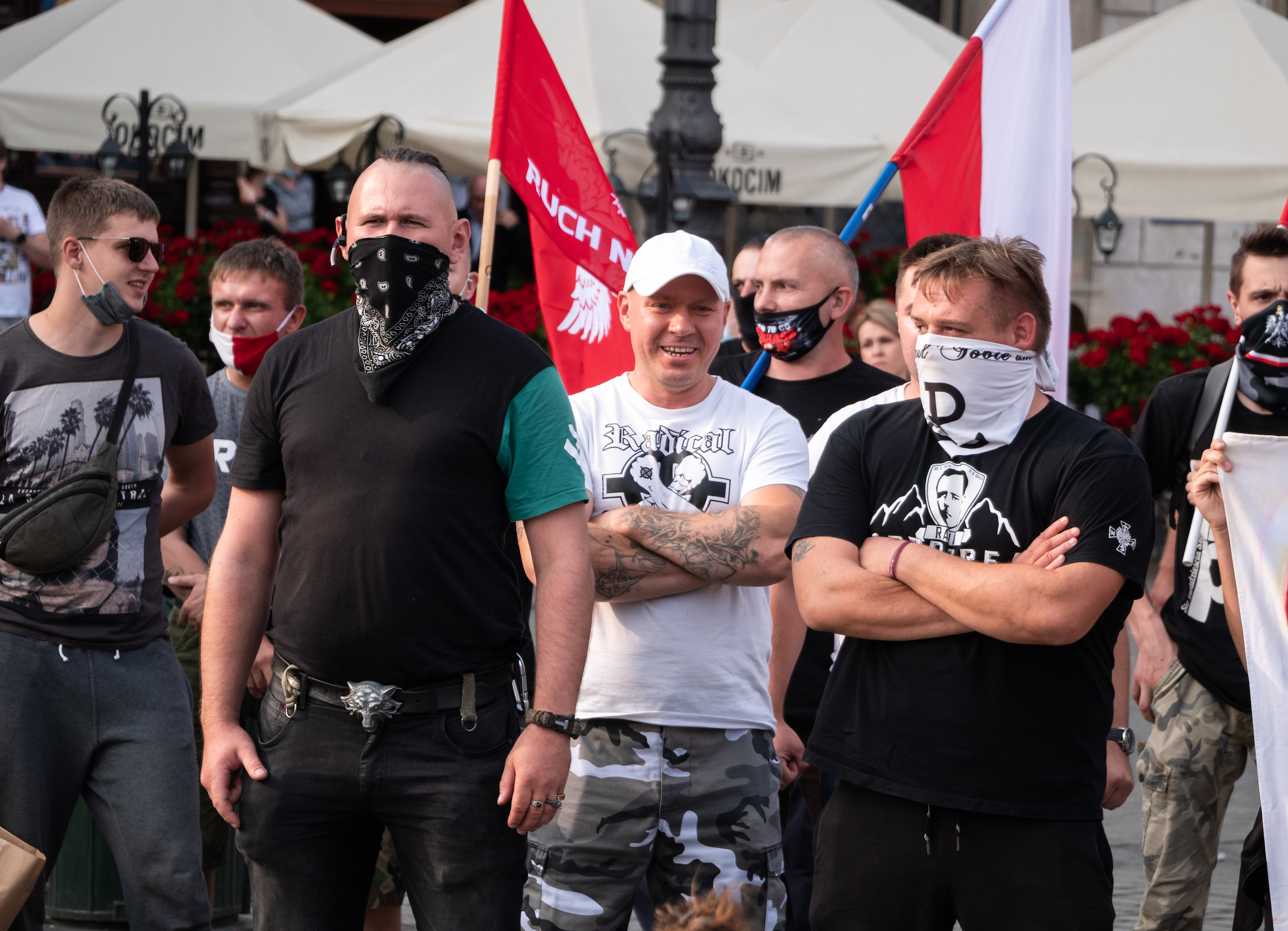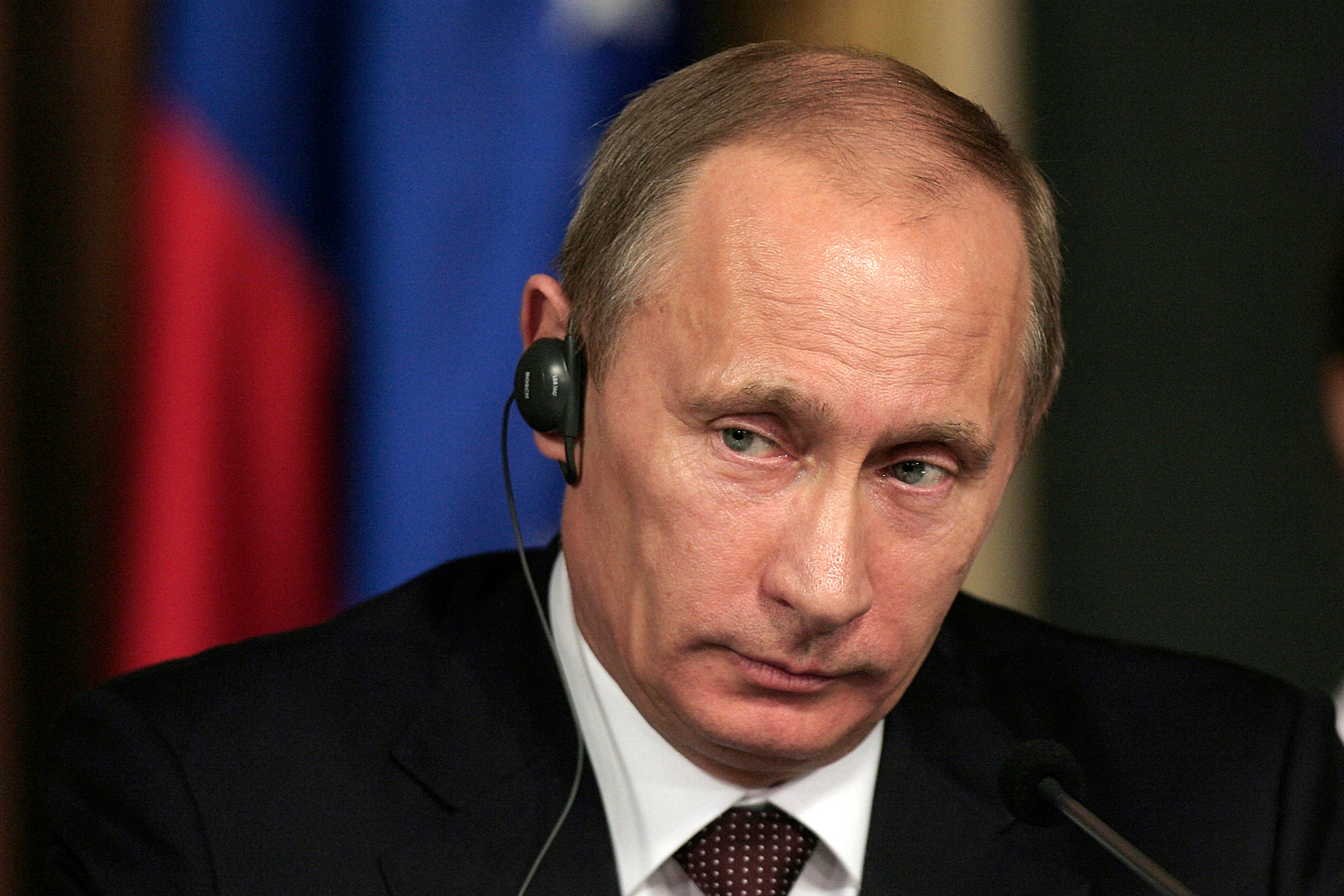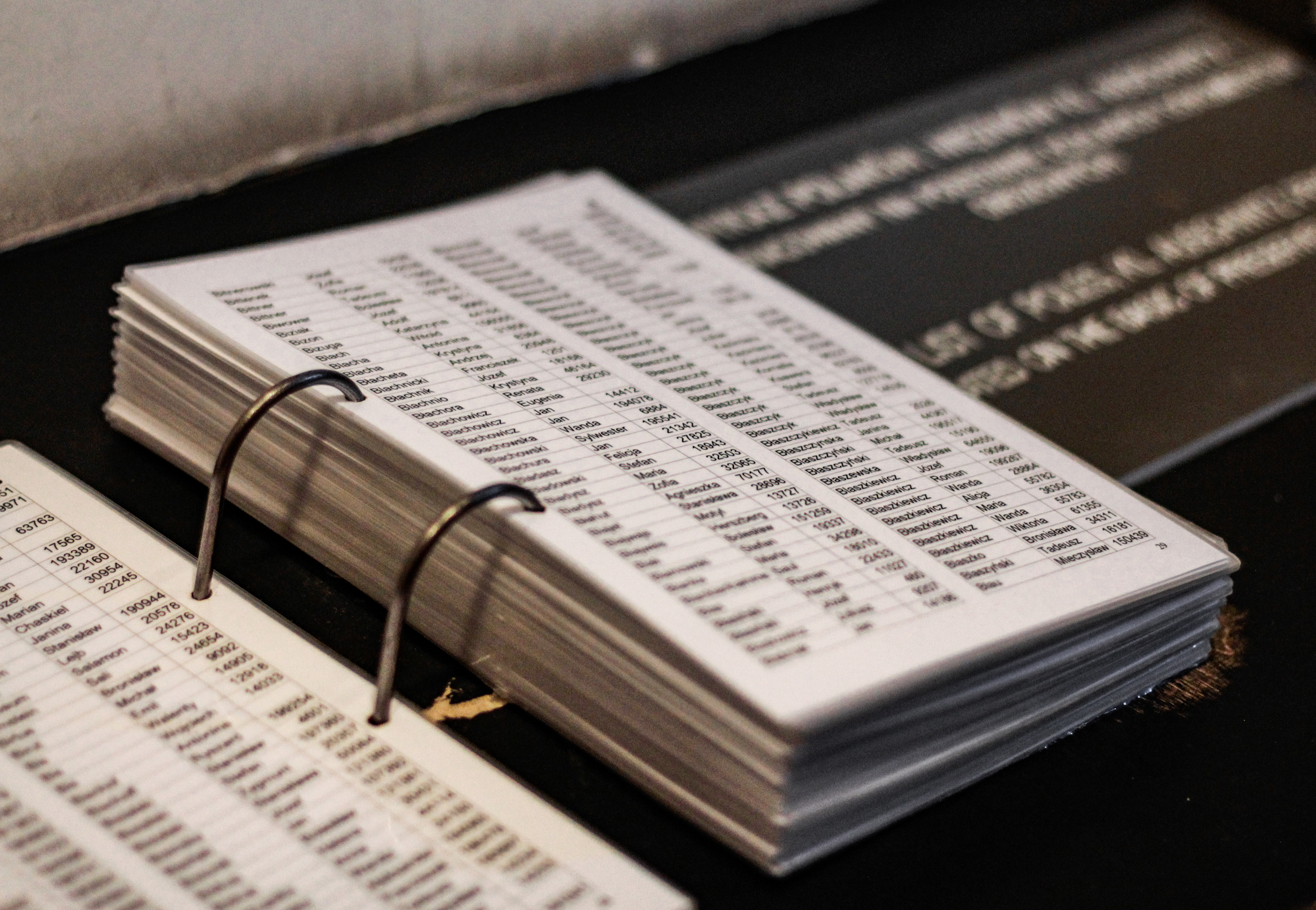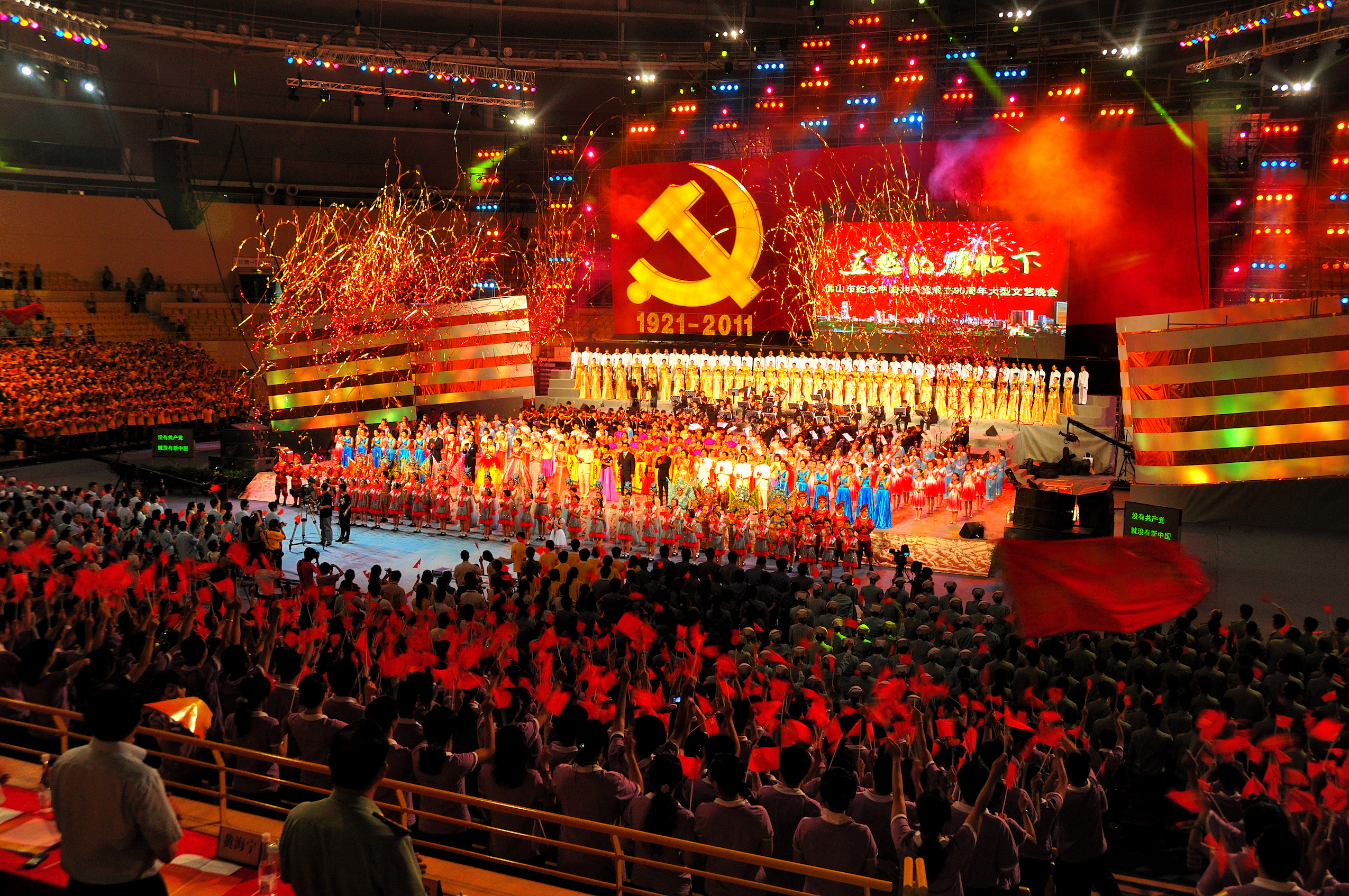Donald Trump is a typical product. He’s not a typical president. In fact, he’s in many ways an atypical president, perhaps even a unique president, far more so than many people on the left assume, who simply see him as the vulgar, sneering face of a rotten, decadent capitalist system – and that is not in any way rarely distinct from presidents who came before, it’s just cruder. I don’t believe that. I believe he is something new. He’s breaking too many norms to make him a normal president – even a normal right-wing conservative president. He’s not conservative at all. Like all populist demagogues, he seeks to break down order, not to conserve. That’s why he’s popular with people who feel left behind, disappointed and dismissed. They want the man who in 2016 promised to go to Washington and “break things down, wreck them, drain the swamp”, as he put it.
He is culturally very much a product of the history of the United States. When you look at his style, it’s not just that he comes from television and showbiz. He’s a carnival huckster; he’s a loudmouth of a kind that is very recognisable in the United States; a salesman. You see it with the leaders of television, of megachurches and evangelists on TV: they’re selling something, and they sell it with a mixture of showbiz and fraud. He comes from that world. He’s not an ideologue. He’s never read or written a book. He certainly hasn’t written a book like Hitler, that had a programme. He doesn’t have a programme. He’s a salesman and a salesman for his own shtick to enrich himself, his family and his friends. He’ll take anything that he can sell to stay in power. This is a very American phenomenon.
Vladimir Putin is also a product of the background of his country; his own background in the KGB, of course, but the background of his country is the history of tsarism. Quite consciously, many of the ways in which he promotes his cause and his monopoly on power in Russia is by appealing to the same sentiments that tsarism did. He’s Father Russia, the strongman that people can worship and feel safe with, and who makes Russia great. He appeals to all those emotions. It’s no coincidence that Trump appears to feel much more comfortable with Putin – he’s even subservient to Putin – than he is with democratically elected leaders in Western Europe.



